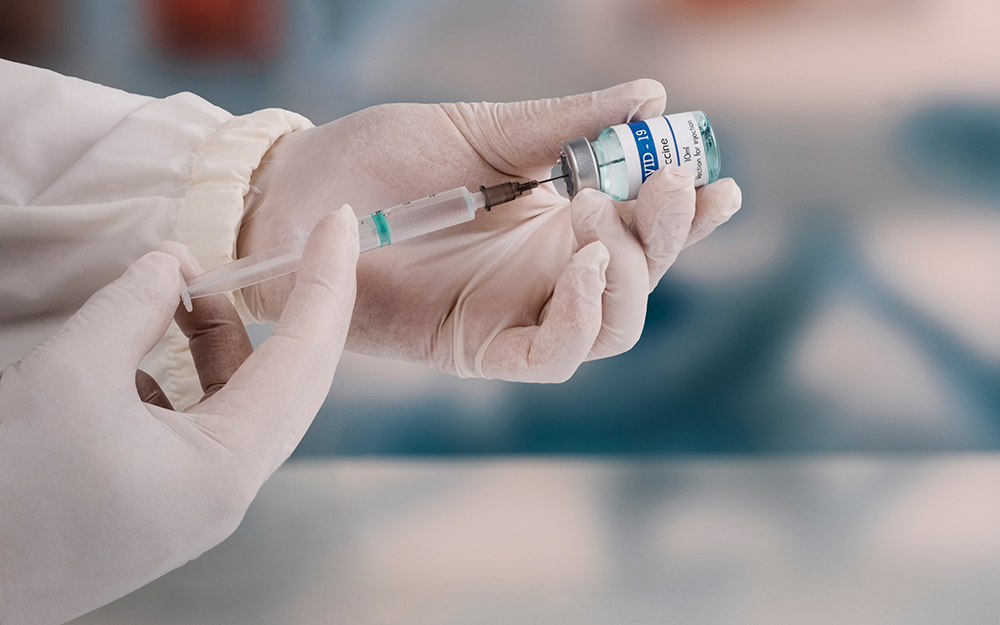Here Are the Back-To-School Vaccinations Your Kids Need
Date
August 24, 2022

Date
August 24, 2022
Credits
Medical providers featured in this article

In Brief
{{cta-block}}
When checking off your back-to-school list, don't forget vaccinations.
In California, few young people are immune from the state's strict vaccination requirements for those attending schools and child care programs. State law requires immunization against a host of childhood diseases, including measles, mumps, rubella, whooping cough (pertussis), polio, diphtheria, tetanus, hepatitis B and chickenpox (varicella).
Schools generally require proof of vaccinations before students can attend their classes, but there are even better reasons to make sure your children are fully vaccinated.
"Vaccinations are the most important, safest and most effective tools we have to prevent a number of deadly diseases," says Dr. Vikram Anand, a specialist in pediatric infectious diseases at Cedars-Sinai.
{{providers}}
"Vaccinations are the most important, safe, and effective way we have to prevent a number of deadly diseases."
Childhood immunizations fell dramatically during the peak of the COVID-19 pandemic, with the Centers for Disease Control and Prevention (CDC) ordering 14% fewer vaccines in the 2020-21 school year. Drops like these leave communities more vulnerable to the spread and resurgence of vaccine-preventable illnesses such as measles.
"While schools provide an important environment for learning and growing, they also provide the perfect opportunity for infections to spread," Dr. Anand says.
"Vaccinating children is the best way to prevent this from happening. You're not only keeping your child safe, but you're also protecting sick children with weakened immune systems who can't fight infections."
Pediatricians and health officials are urging parents to get back on track. Use the list below to make sure your child is up to date on the immunizations required for California child care programs and schools, according to the California Department of Public Health.
Scheduling an appointment with your child’s pediatrician is easy using our convenient online scheduling tool.
Schedule Appointment
The Food and Drug Administration has approved the Moderna and Pfizer-BioNTech COVID-19 shots for children and infants, after an extensive pediatric review.
California health officials have delayed implementing any COVID-19 vaccine requirements in schools until at least the 2023-24 school year to allow enough time for full compliance. But the CDC now recommends everyone 6 months and older get vaccinated against the virus that causes COVID-19.
The shots lower the risk of developing serious complications from the coronavirus and its evolving variants.
Dr. Anand also recommends children get the HPV vaccine, which can prevent human papillomavirus (HPV) infections, a cause of cervical cancer and other cancers.
"The HPV vaccine does work better when you give it to children 9 to 11 years old," he says. "In fact, if they get the vaccine before age 14, they only need two doses since they respond much better than older teenagers, who usually need three doses."
Adults who want to volunteer at schools will need to check with their school for any vaccine requirements or other health clearances. Universities also usually require vaccinations, and students should make sure their shots are up to date before heading back to campus.





